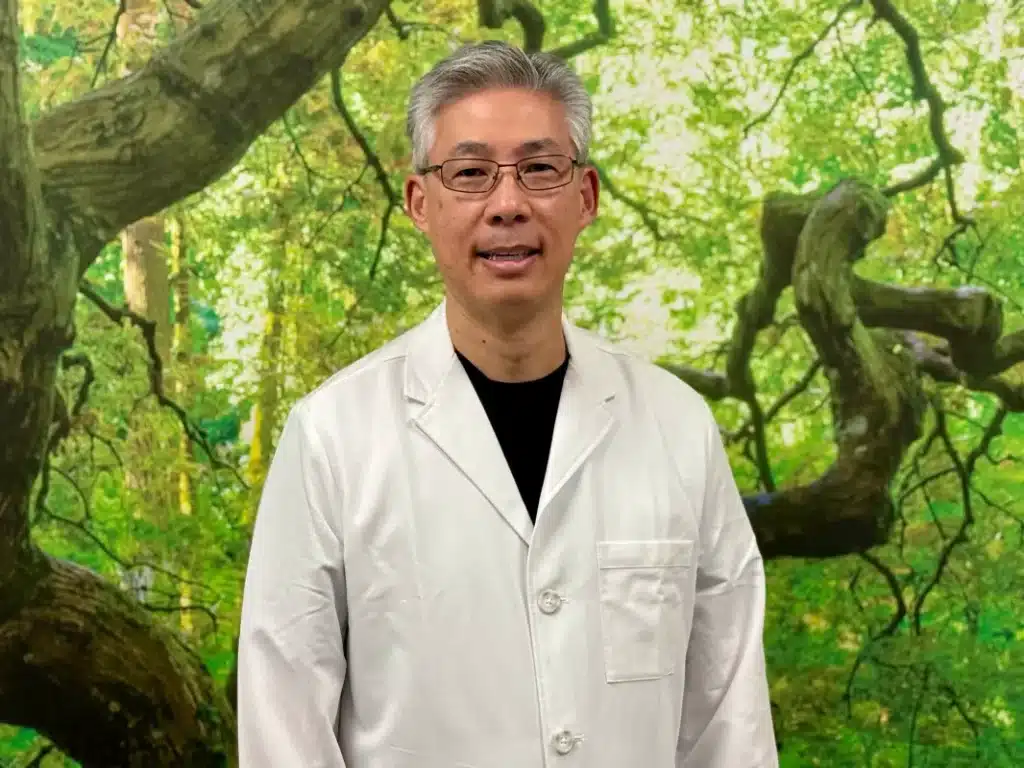How Psychedelics Treat Depression
The key to treating depression is recognizing the symptoms and seeking immediate care from a mental health professional. Once diagnosis has happened, a doctor will prescribe treatment for depression and other mental health disorders, possibly focusing on a combination of in-patient or out-patient therapy and medicine. Thanks to legitimate research, the smart money may be on medicines like ketamine and other psychedelics. If you or someone you know is depressed, contact a mental health professional today.
Depression and the Potential of Psychedelics
Symptoms like anger, sadness, and irritability are all signs of depression but may not be diagnosed or treated until it’s too late. Nearly 15 million American adults every year report symptoms associated with depression, signifying the need for reliable, high-quality, and affordable treatment options. People have suspected – known – for thousands of years that plant medicines with psychedelic properties (ex. peyote, San Pedro, ayahuasca, psilocybin mushrooms, ibogaine) have medicinal value, and research from the past 60 years has proven that more than ever.
As reported by Scientific American after a study on rats:
“Ketamine—a powerful anesthetic for humans and animals that lists hallucinations among its side effects and therefore is often abused under the name Special K—delivers rapid relief to chronically depressed patients, and researchers may now have discovered why. The latest evidence reinforces the idea that the psychedelic drug could be the first new drug in decades to lift the fog of depression.”
Neuroscientist Ron Duman and colleagues at the Yale University School of Medicine suspect that ketamine may stimulate biochemical pathways in the brain that may reverse the effects of depression temporarily. What worked in rats may work in humans, due to the similarities in these biochemical pathways. Ketamine may also work against addiction and anxiety.
Conditions That May be Treated by Psychedelics
Psychedelics like ketamine are the subject of serious academic and scientific study as researchers work to understand how they soothe the symptoms of mental health disorders. There are several conditions treatable by psychedelics in controlled situations.
- Post Traumatic Stress Disorder (PTSD). No longer restricted to soldiers returning from combat, PTSD symptoms affect millions around the world, leading to anxiety, depression, and other illnesses. Today, the drug MDMA, also known as ecstasy, is in phase 3 clinical trials and is statistically significant in treating people with PTSD.
- According to the Multidisciplinary Association for Psychedelic Studies, test participants who were autistic and suffering from anxiety greatly benefited from the use of MDMA. MDMA works by suppressing activity in the amygdala, the part of the brain responsible for anxiety and fear.
- FDA-cleared clinical trials have shown that MDMA provides positive outcomes in participants with anxiety and depression as a result of life-threatening conditions. The drug may instill feelings of calmness and trust in patients, but researchers believe more widespread testing is required.
- Alcohol addiction was the subject of a first-ever trial using MDMA by British researchers in 2017. The Guardian newspaper reported positive results for treating the addiction, possibly caused by injuries when combined with psychotherapy.
As long as Psychedelics are a “Controlled Substance” …
Psychedelics have a long and proud place in human history, with their first recorded use dating back more than 3,500 years. Their use came to the forefront of media and popular culture in the late 1960s in America, during the height of the conflict in Vietnam. The public tide turned against psychedelics, to the point where the U.S. Congress passed the Controlled Substances Act in 1970 to reign in drug use.
“The Controlled Substances Act is the statute establishing federal U.S. drug policy under which the manufacture, importation, possession, use, and distribution of certain substances is regulated, per this and other sources.
Mushrooms Bloom and Psychedelics Boom
As far as a culinary delicacy is concerned, mushrooms – a fruity type of above-ground fungus that blooms in the fall – are pretty popular. According to Statista.com, mushrooms are ingested by U.S. consumers at the rate of nearly four pounds per person per year. Interestingly enough, a kind of fungus known as a psilocybin mushroom or “magic mushroom” is equally popular when ingested for its psychedelic use.
How popular are psychedelics? According to the U.S. National Institutes of Health, very popular. The 2010 U.S. population survey found there to be 32 million lifetime psychedelic users in America aged 12 and older.
Final Thoughts
What’s becoming clearer is a groundswell of support is building for the widespread acceptance of psychedelics as a treatment for mental health disorders. Once that support comes to a head, public pressure on lawmakers will likely result in legal use, just as it has with marijuana. Of course, some psychedelics including ketamine, dispensed via infusion therapy, are already used to treat depression and other mental illnesses, but more research is still required for complete validation.
If you or a loved one is struggling with the symptoms of depression, we would like to invite you to give us a call to learn more about the clinical use of ketamine.

